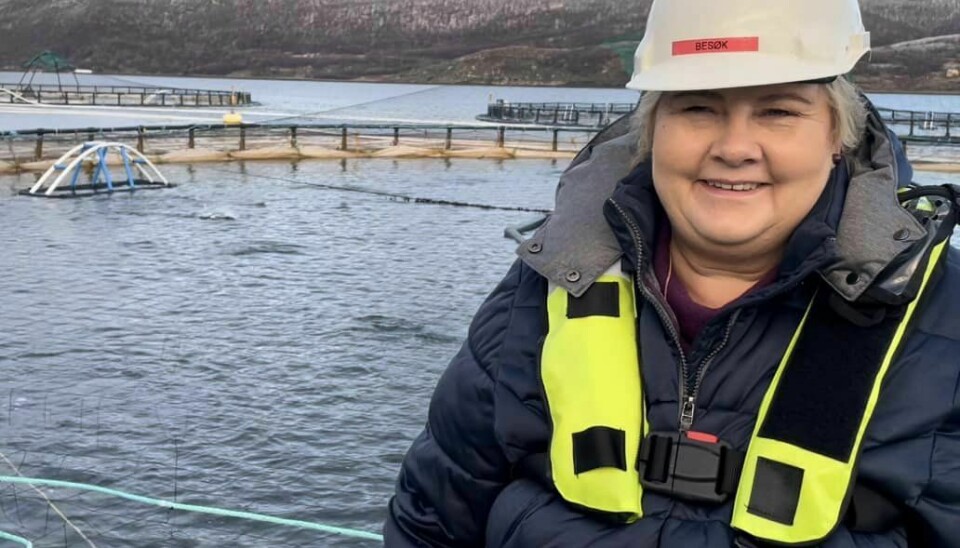
Norway’s Tories bid to axe salmon tax
Opposition proposes increased production tax instead
Norway’s Conservative Party has proposed dropping the government’s extra 25% tax on salmonid farmers’ profits and replacing it with an increased production tax.
The measure is part of its alternative budget, published yesterday. Parliamentary party groups in opposition draft their own alternative budgets and try to get their proposals included in the government’s annual Budget.
The Conservative Party, which is the largest opposition party with 36 seats in the Storting (Parliament), wants to lower taxes for both people and businesses, and proposes a tax cut of NOK 9.5 billion next year. It also seeks to drop the ground rent tax on salmonid farmers.
The ‘salmon tax’, which applies from January 1, 2023, is levied on the profit made on the time farmed salmon and trout spend in the sea, when most of the value of the fish is added. It is imposed on top of the 22% corporation tax paid by all businesses, meaning that salmonid farmers must pay a tax of 47% on profits.
Production tax
“Pending a thorough evaluation of various models for aquaculture taxation, we have assumed an increased production tax to the state, which provides approximately NOK 3.8 billion in revenue,” said the Conservatives.
“This comes as a replacement for the government's ground rent tax. The aquaculture tax for 2024 is paid the following year, so that the change does not directly affect the 2024 budget.”
The budget measure is extremely unlikely to be adopted. Even if the Conservatives win the support of other right-leaning parties like the Progress Party and the Christian Democrats, they are outnumbered by the ruling Labour-Centre party coalition and by other left-leaning parties who believe the state is correct to take a larger share of what are regarded as the salmon sector's extraordinary profits.
The Conservatives, led by former prime minister Erna Solberg, would have to win power at the next election to cancel the salmon tax, and even then, it’s doubtful whether ithey would have enough support in the Storting to do so.























































